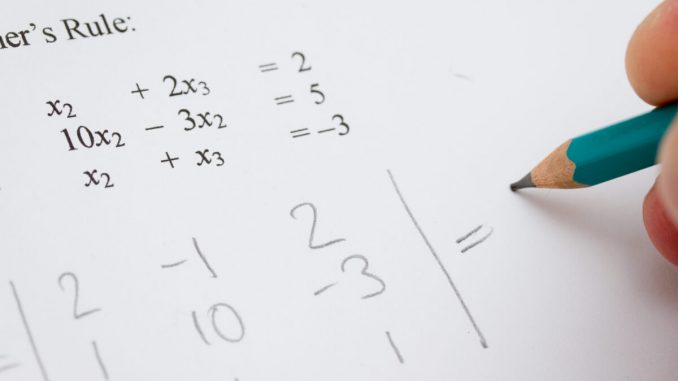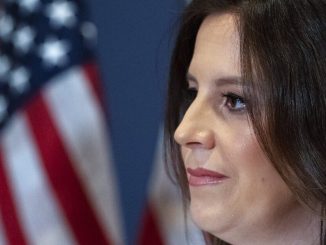

SANTA CLARA, Calif.—California’s new math framework aims to keep students learning at the same level, in the name of equity. However, critics say this would discourage some students from advancing ahead.
For example, critics predict that students who are gifted in math may be prevented from enrolling in more advanced courses like algebra in middle school and calculus in high school.
The framework is presented as a teacher’s guide to instructing students using the latest research and resources. But one teacher and co-founder of a grassroots group says the new guidelines oppose best practices.
“What [they] used to take, for example, in eighth grade, they would now be taking in ninth grade. So it’s actually slowing down the progression of math for our students,” Lori Meyers, co-founder of Educators for Quality and Equality, told NTD Television.
The framework assumes that high-achieving students who are labeled as “gifted” are taught differently and would be pressured to keep that label. It also states that this creates racial divisions.
The language in the framework is typical of critical race theory, an offshoot of Marxism that views society as being divided into a class of “oppressors” (white people) and an “oppressed” class (everyone else).
The framework uses A Pathway to Equitable Math Instruction as a resource to guide teaching practices to support Black, Latinx, and multilingual students in grades 6–8. It offers “deconstructing racism in mathematics” and “critical approaches to dismantling white supremacy in math classrooms by making visible the toxic characteristics of white supremacy culture.”
In a statement challenging the proposed framework, the California Association for the Gifted said, “Failure to provide historically underrepresented groups access to gifted services and advanced mathematics opportunities will further create a racial division in STEM fields.”
Meyers said the key problem the association called out is the mischaracterization of gifted and talented students.
“Gifted and talented students of all ethnicities, of all socioeconomic backgrounds, of all races, should be identified as gifted and talented and should have those gifts and talents and proficiencies nurtured. And the best practices for doing that is through differentiated learning,” Meyers said.
Meyers said the lack of flexibility is hurting the disadvantaged most because they may want to accelerate by paying extra to take classes or be tutored.
“Parents who can’t afford it won’t be able to provide that for their students, which is why the most disadvantaged students will be further disadvantaged,” Meyers said. “This is bad for all students, but again our most disadvantaged students will suffer, and that’s why this is not an equitable approach to math learning.”
The Instructional Quality Commission will review public comments on May 19 and 20. Meyers’s organization is urging the commission to remove “A Pathway to Equitable Math Instruction” from the draft Mathematics Framework.






Be the first to comment